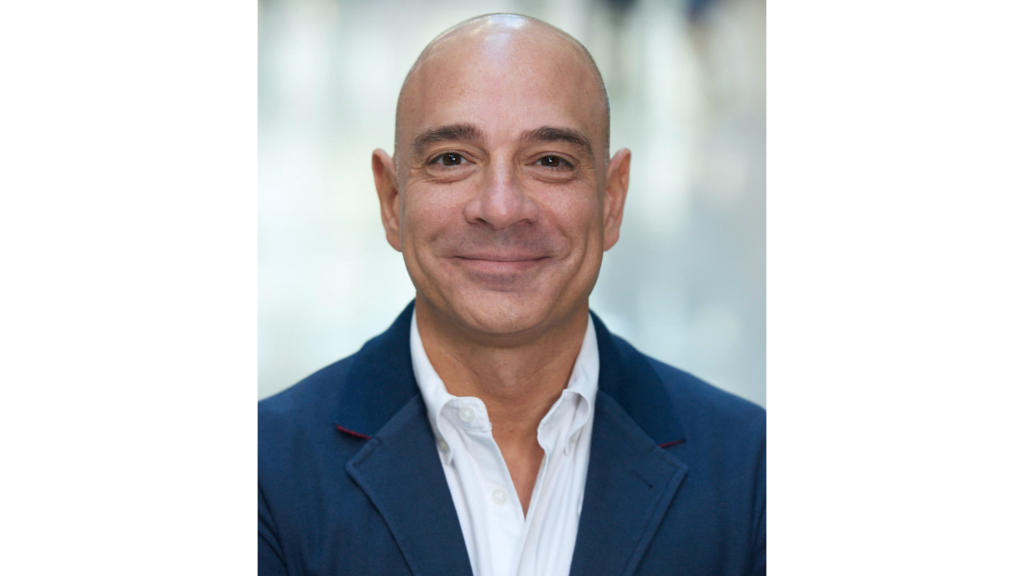In the near future, one-off blood measurements, at home or at doctor’s, are likely to give way to wearable devices. The latter that take readings at regular intervals on the go, or even continuously. Rockley Photonics employs a laser to measure blood pressure, for its wearable device currently in development.
How exactly it works? When we can expect to see lasers on our wrists? What new opportunities the device is envisaged to provide to hypertension sufferers? Dr Zahi Fayad, Member of Rockley’s scientific advisory board, and the Director of the BioMedical Engineering and Imaging Institute at Mount Sinai, Professor of Medicine (Cardiology) and Radiology, explained in this interview:
Question 1: Work mechanism
How do you employ lasers to monitor blood pressure continuously? Please try to explain it to an interested patient, not a doctor.
The lasers are used to obtain a waveform that represents blood flow. The Rockley device uses information about changes in the speed of blood flow in the arteries with each contraction of the heart, to understand a person’s blood pressure. This is based on the fluid dynamics relationship between flow and pressure within a tube (our blood vessels).
Question 2: Wearable blood pressure monitor: Rickles Photonics Journey
Tell us about the journey of Rickles Photonics in blood pressure monitoring. The recent reports state that past the two published studies, the company is ready to cooperate with the FDA to shape up proper clinical trials. How far are we from seeing these wearable biosensors on the market?
Rockley’s most recent human studies have shown very promising results when compared to an arterial line and auscultation measurement in healthy and hypertensive subjects. Current wearables on the market that measure blood pressure have failed to meet the IEEE 1708 consensus standard. The Rockley results are promising using an alpha prototype investigational device, and close to meeting that standard. The Rockley device also shows the ability to track individualized trends in blood pressure, which is important and differentiated from similar wearables on the market such as Aktiia (which failed to obtain FDA clearance). The next step for Rockley is to approach FDA to formally request a Q-sub and discuss next steps for clinical studies needed as Rockley progress in development of the band.
Questions 3 & 4: Wearable blood pressure monitor: form factor and new advantages
What form, do you think, these devices will take? Wrist-based?
The form factor of our Bioptx devices will be a wrist-based wearable band.
What advantages are there to hypertension sufferers in continuous blood pressure monitoring? If you compare it to measuring blood pressure once in a while, as now?
Measuring blood pressure on a more frequent basis will allow for insights. They may help clinicians understand the control a patient may have over their blood pressure. The newly diagnosed patients have undergone a medical or pharmaceutical intervention. They are incorporating new lifestyle habits (e.g. DASH diet). They have white coat or masked hypertension, or experience symptoms. It would all benefit from having access to frequent measurement of blood pressure. A familiar form factor that can go with the patient anywhere. When connected to an application, it can increase compliance of measurement. One that is easy to use. One that has accessible data that can communicate to the clinician when needed. These are all advantages for case management and trend tracking.


